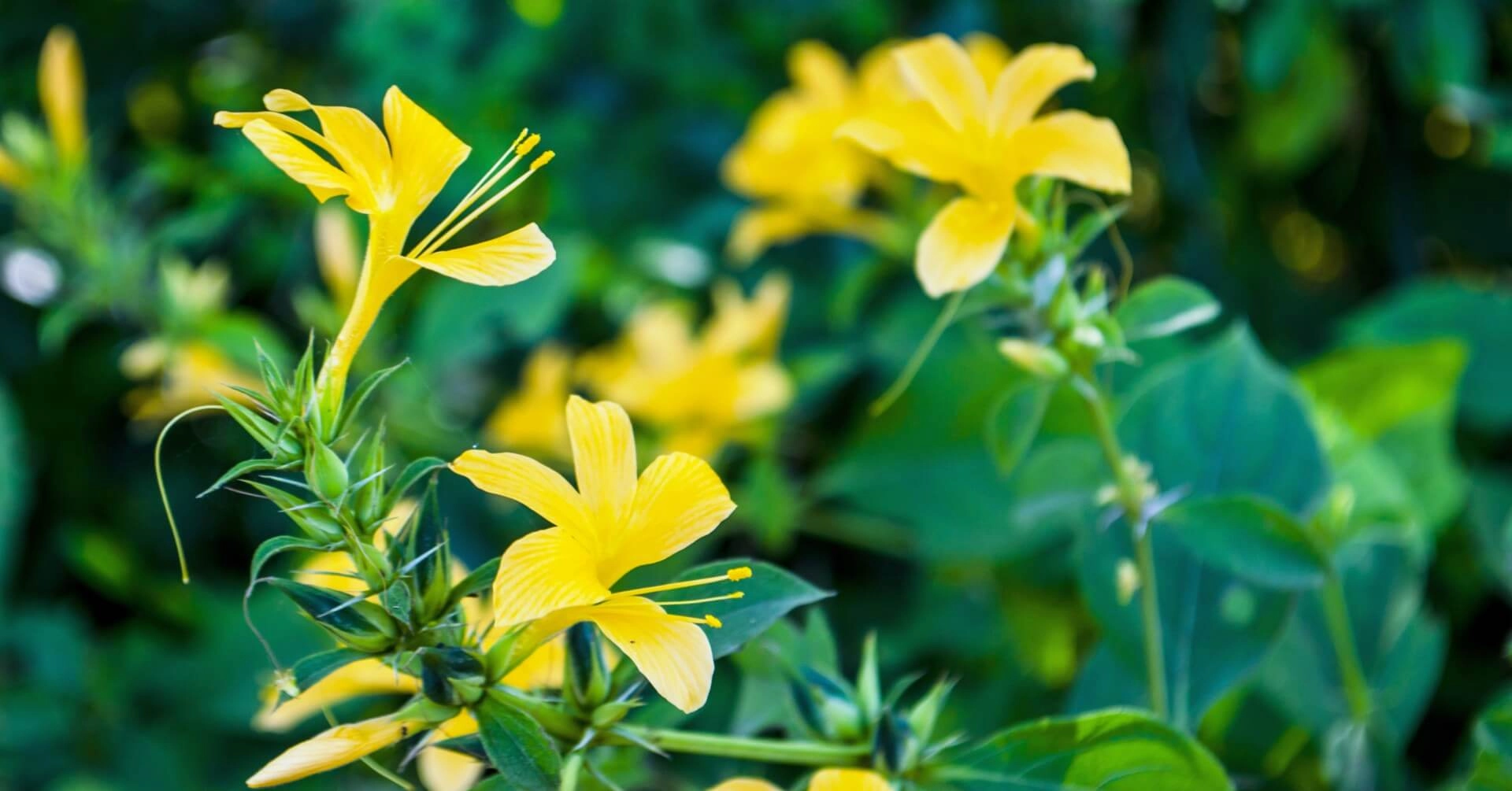Don’t Miss Out on the Latest Updates.
Subscribe to Our Newsletter Today!
Barleria Prionitis: Health Benefits, Uses And Side Effects Of Vajradanti

Vajradanti: Benefits, Effects And Uses
Since ancient times, several different herbs and plants have been significant in India. All plants, according to Ayurveda, possess some or all of the other qualities. However, we frequently need to pay more attention to the many helpful plants around us. Ayurveda places high value on plants with medicinal qualities, such as Barleria prionitis (vajradanti). Are you aware of it? The majority of people have heard of Barleria Prionitis because of the advertisement. However, relatively few individuals are aware of the plant in front of them. You will learn about Barleria prionitis (vajradanti) in this article today. What are the benefits, uses, and negative consequences of barleria prionitis (vajradanti)?
Medicinal Properties Of Barleria Prionitis (Vajradanti)
Barleria prionitis (vajradanti) is a gorgeous yellow-coloured plant native to Asia and Africa. This plant's Sanskrit name is Vajradanti. This plant's flowers, leaves, stems, and roots are used in Ayurveda to make various medications. Barleria prionitis (vajradanti) has strong antiseptic characteristics, and therefore, in addition to curing you, it aids in curing ailments relating to your skin. Although its flowers fade after the season, its roots will endure forever. Therefore, fever, respiratory issues, and tooth and joint issues can all be much helped by vajradanti, a medication for barleria prionitis.
Benefits Of Barleria Prionitis (Vajradanti)
The use of this herb helps to alleviate a wide range of health issues and symptoms. However, when it comes to Vajradanti's advantages, it has a wide range of therapeutic properties, which include:
- Ayurveda claims that vajradanti strengthens teeth and gums and protects them from disease.
- The juice of Vajradanti's leaves and stem contain various digestive qualities. Therefore, it helps with issues like constipation, frequent belching, and abdominal pain.
- Many different types of anti-rheumatic properties are found in it. For example, Vajradanti reduces swelling and redness in the joints.
- It contains a wide range of anti-rheumatic characteristics. The inflammation and redness in the joints are reduced with vajradanti.
- Vajradanti contains various substances that weaken kidney stones and aid their removal through urine.
- Vajradanti can assist you in overcoming stressful or anxious circumstances. Its leaves have a substance called hydroxyflavones that relieves tension.
- The situation of hair loss is greatly improved by vajradanti. In addition, Alopecia, which is characterized by the simultaneous breakage of several hairs, is also under control.
Uses Of Barleria Prionitis (Vajradanti)
The following ways of consuming Vajradanti include:
- Make a decoction of Vajradanti and consume it.
- The leaves and twigs can be consumed by boiling them in water.
- Vajradanti can be taken in the form of capsules or tablets.
Side Effects Of Barleria Prionitis (Vajradanti)
Consuming Barleria prionitis has benefits; however, there are also side effects. Barleria prionitis, which is contaminated with Barleria prionitis, is generally safe to eat. However, taking it at higher than usual levels has the following side effects:
- Severe digestive issues
- Feeling congested
- Burping frequently
- Heartburn
- Allergic to lightning
In addition, people with various illnesses and expectant mothers may experience specific significant issues.
Dr Chanchal Sharma provided the details in this article; thus, use it solely after conferring with a professional. Additionally, speak with a doctor to determine the correct dosage and appropriate ingestion.


